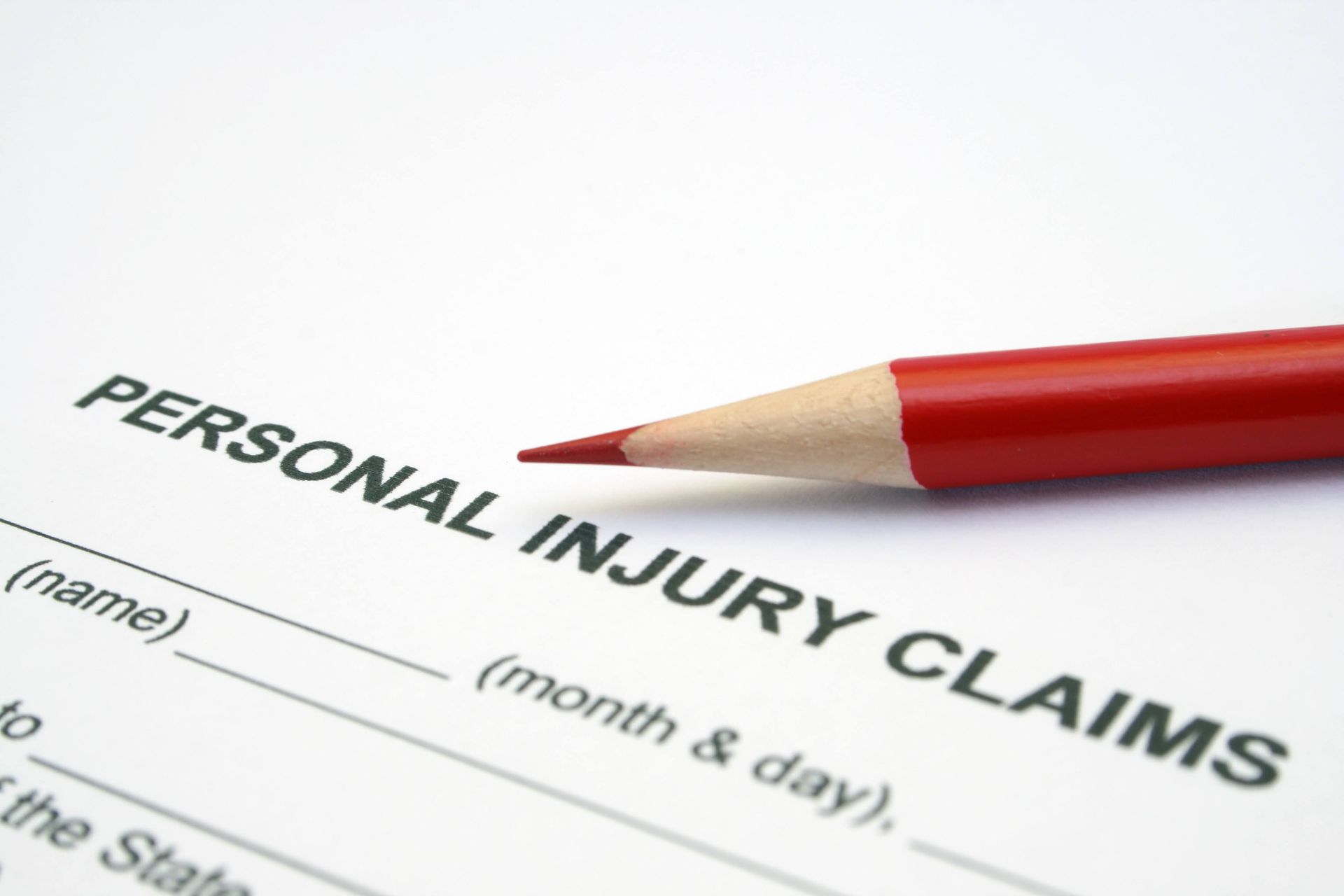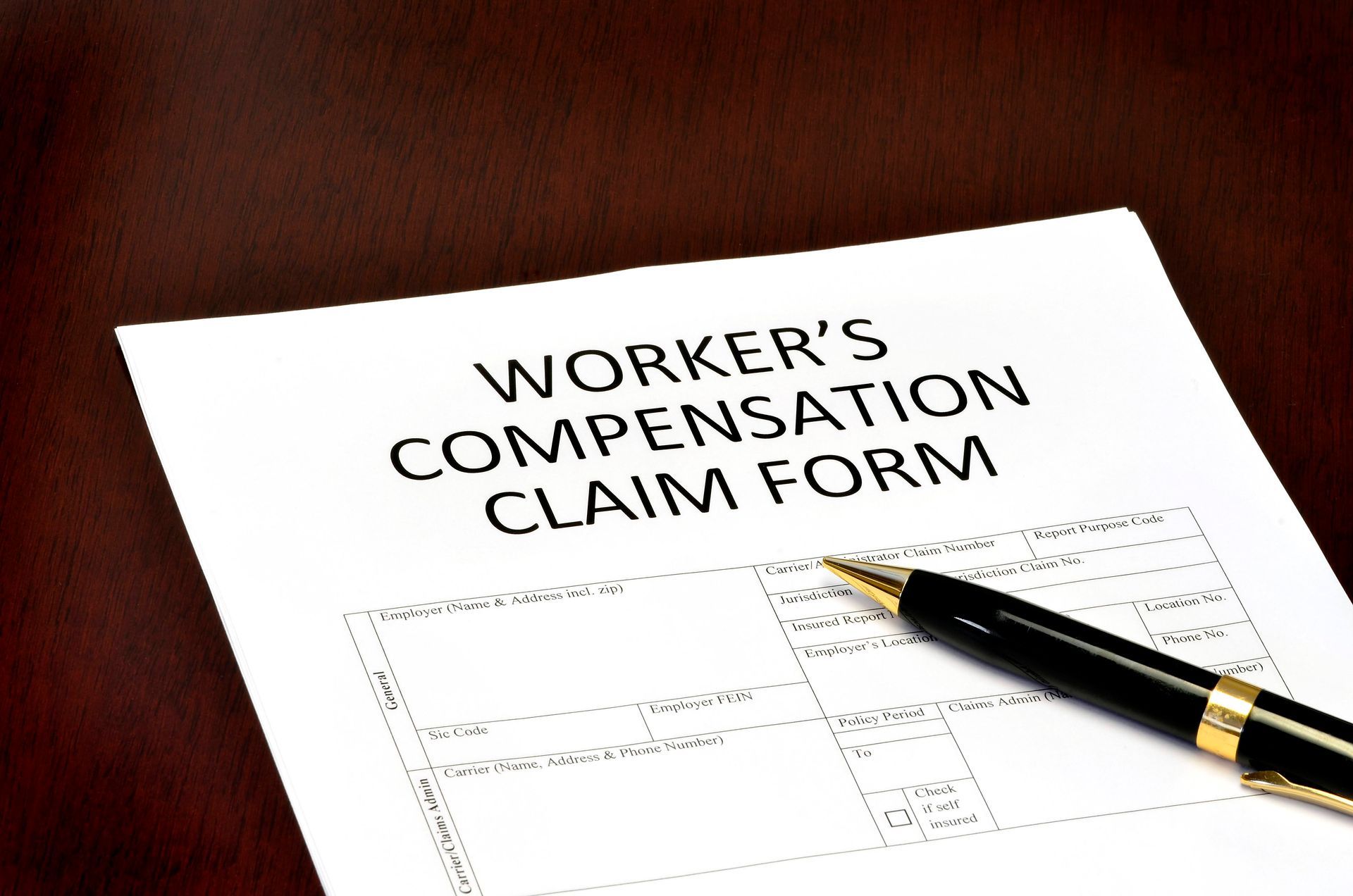CALL US TODAY!
(Main Office) 440 Waverly Avenue, Suite 7 Patchogue, NY 11772
(by appointment only) 524 East Main Street, Suite 202, Riverhead, NY 11901
(by appointment only)
300 Broadhollow Road, Suite 100 W, Melville, NY 11747
What to Do If Your Workers' Compensation Benefits Are Denied

Facing a workers' compensation denial can feel overwhelming, especially when dealing with the aftermath of an injury. Often, injured workers rely on these benefits to cover their medical expenses and lost wages. However, a denial doesn’t have to be the end of the road. Understanding your options can empower you to take the necessary steps to potentially reverse this decision and secure the benefits you deserve.
Understand the Denial Reasons
The first step in addressing a workers' compensation denial is to understand why it was denied. Insurance companies typically provide a written explanation detailing the reasons. Common denial reasons include insufficient evidence of the injury, claims filed after the deadline, or disputes over whether the injury occurred at work. Familiarize yourself with these reasons to effectively determine your next steps.
Gather Additional Evidence
Once you identify the reasons for denial, the next step involves gathering additional evidence. This can include medical records, witness statements, and any documentation related to the incident. Supporting evidence plays a crucial role in building a stronger case. Often, a more comprehensive presentation of your circumstances is needed to convince the insurance company or a hearing judge of the validity of your claim.
Consult With Personal Injury Attorneys
Navigating the workers' compensation system can be challenging, and having a legal representative on your side can make all the difference. Personal injury attorneys have experience in handling workers' compensation cases and can provide valuable guidance throughout the process. They can also review your claim denial and help you determine if an appeal is necessary.
File an Appeal
If you have sufficient evidence and legal support, consider filing an official appeal. The workers' compensation system allows injured workers to challenge denials. The appeals process varies by state but generally involves submitting a formal request for a hearing or a review of the decision. During the hearing, you can present your case before a judge, who will then decide based on the evidence provided.
Consider Mediation
In some cases, mediation may serve as a viable alternative to formal appeals. Mediation involves a neutral third party who facilitates a discussion between you and the insurance company to reach a resolution. This process can be less adversarial and may lead to a quicker settlement. However, ensure your rights are protected throughout the mediation process, possibly with the assistance of your attorney.
Reapply if Necessary
Sometimes, reapplying for workers' compensation benefits is possible. If new evidence or changed circumstances arise, submitting a new claim could be beneficial. Ensure that all paperwork is complete and deadlines are met to avoid any procedural denials. Consulting with legal counsel can help clarify whether reapplying is an appropriate course of action.
Keep Detailed Records
Throughout this process, maintain detailed records of all communications, documents, and evidence related to your claim. Organized records can help track the progress of your case and provide essential information should further action be necessary. Keeping comprehensive documentation ensures you have all the necessary information at your fingertips when consulting with legal professionals or preparing for hearings.
Stay Informed on Workers' Compensation Law
Staying informed about changes in workers' compensation law can offer additional insights into your case. Laws and regulations may change, affecting your rights and the appeals process. Regularly updating yourself on relevant legal information ensures you remain proactive and well-prepared in pursuing your benefits.
Dealing with a workers' compensation denial is undoubtedly challenging, yet you have several options to explore. By understanding the denial reasons, gathering additional evidence, consulting with personal injury attorneys, and considering appeals or mediation, you enhance your chances of securing the benefits you need. Remember, taking decisive and informed actions is key to navigating this complex process successfully.
Contact us at Gilbert, Blaszcyk & Milburn, LLP to learn more about your options if your workers' compensation benefits are denied.
Phone: 631-447-6500 | Email: office@gbmcomplaw.com | Address: Patchogue (Main Office) 440 Waverly Avenue, Suite 7 Patchogue, NY 11772
Business Hours: 9:00 am – 5:00 pm









